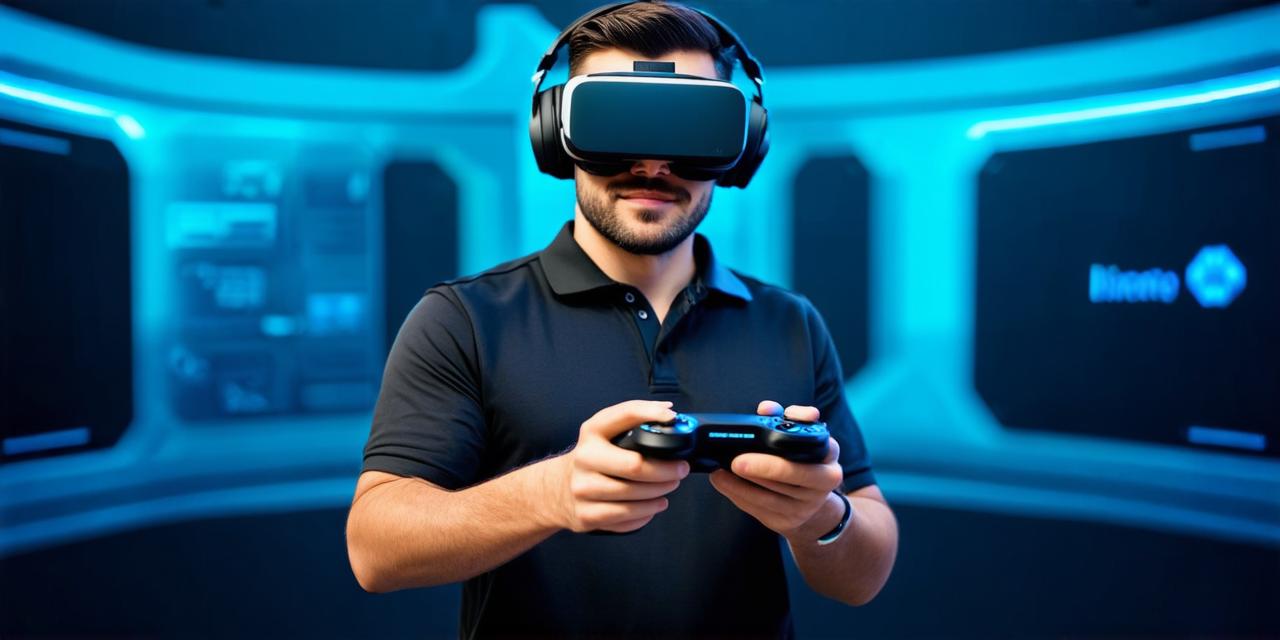History of Virtual Reality Patents
The concept of creating an immersive simulation or computer-generated environment has been around for several decades. However, it was not until the 1960s that virtual reality technology began to take shape.
In 1962, Ivan Sutherland created “Swordfishtrombones,” one of the first virtual reality systems. This system used a head-mounted display (HMD) and a handheld controller to simulate a 3D environment.
Over the years, several companies made significant contributions to the development of virtual reality technology. In 1984, Martin Newell created “VideoScope,” an early version of a VR headset that could track head movement. In 1985, Jaron Lanier developed the concept of “virtual reality” and coined the term.
In 1992, the first commercial VR system, “Virtual Reality Theater,” was introduced by Stanford University.
In the early 2000s, virtual reality technology began to gain more widespread attention as a tool for gaming and entertainment. Companies such as Oculus, HTC, and Sony all made significant investments in the development of VR technology.
In 2016, Samsung introduced the Gear VR headset, which used motion sensors and hand tracking to provide a more immersive experience.
Key Players in Virtual Reality Industry
As mentioned earlier, several companies have made significant contributions to the development of virtual reality technology. Here are some of the key players in the industry:
- Oculus: Founded in 2012 by Palmer Luckey and his colleagues, Oculus has become one of the leading players in the VR industry. The company is best known for its flagship product, the Oculus Rift, which was released in 2016.
- HTC: In addition to its VR technology, HTC is a major player in the smartphone industry. The company introduced the Vive headset in 2015 and has since released several updates to the product.
- Sony: Sony has also been active in the VR market, with the release of the PlayStation VR headset in 2016. The company has also been working on other VR-related technologies, such as eye-tracking and hand tracking.
- Samsung: As mentioned earlier, Samsung introduced the Gear VR headset in 2016. The company has also been working on other VR-related technologies, including motion sensors and hand tracking.

Who Owns the Patent for Virtual Reality?
It is difficult to determine who owns the patent for virtual reality technology as a whole, as there are numerous patents related to different aspects of VR development. However, some companies have been more active in obtaining patents than others.
Oculus has been particularly active in filing patents related to VR technology. The company has filed over 1,500 patents for its VR products, including the Oculus Rift and the Samsung Gear VR. These patents cover a wide range of technologies, including motion tracking, eye-tracking, and hand tracking.
